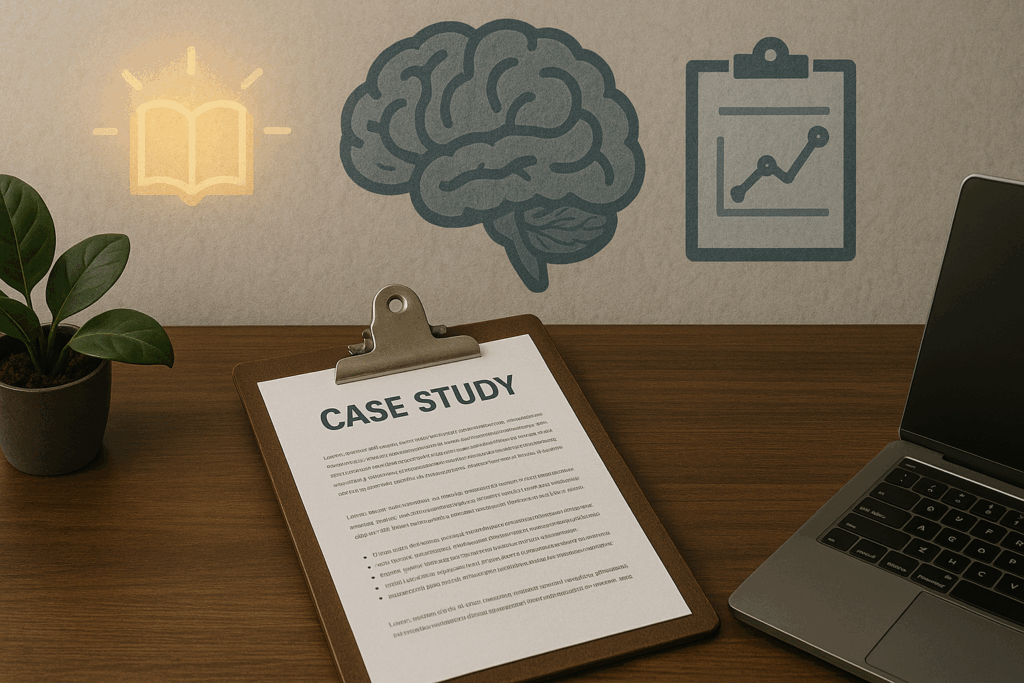There is an ancient fable (from 1500s Persia) where a scorpion asks a frog to help him cross a river. The frog hesitates to oblige as he knows that the scorpion’s sting can be fatal, so the scorpion allays the frog’s fears by stating, “if I sting you, we will both die as I cannot swim.” So, the frog eventually agrees and then halfway across the water, the scorpion stings the frog. As the poison takes hold, the frog asks, “why did you do that?” The scorpion then utters the famous (or infamous) answer– “I could not resist the urge. It’s in my nature.”
As I reflect on these words, I am always amazed at how “human nature” seems set in its way and not always with the most productive outcomes.
Are we trapped and slaves to our nature? I don’t believe so, but it’s not easy!
Unlike the protagonists of our fable, humans do have the capacity to change and evolve due to our unique brains. We have a part of our brains called the neocortex that gives us the ability to override our “instinctual nature.” So as we move into 2023, many of us are trying to adjust to the new reality of a post-Covid world, so one way of doing this is by setting New Year’s Resolutions.
The good news is that we can change or control our outward behavior despite our internal and instinctual impulses. Today, we now have a better understanding of the power of habits, habit formation, and implementation. Our knowledge of how our brain works has advanced more in the last ten years than at any time in human history, but we still have a lot to learn.
The bad news is that it is challenging to implement a seemingly simple process – setting new goals and focusing on achieving them. To prove this, we can simply look at gym attendance in January vs. February while considering the following ideas.
- Reward from the process
- Limbic Friction
In his book Atomic Habits, James Clear suggests “forgetting about setting goals and instead focusing on your system.” This does not mean goals are unimportant, as they must be clear and specific; however, they should only be used as the direction of where you will focus your efforts. You then need to figure out how you will achieve that goal by establishing a process and getting your reward (dopamine) from completing the steps of that process. Dopamine is vital to all this because it gives you the energy to push through the discomfort of change. As you “externally” achieve, you start internally changing and creating new neural pathways enabling you to execute your new habit consistently.
Habits are vital to changing behavior because habits are the brain’s way of conserving energy. The brain is the largest consumer of energy of any human organ, so it minimizes the use of the high energy thinking neocortex and makes behaviors unconscious and automatic. Notice how many behaviors you do without really thinking about them in the first hour of your day.
- Wake up
- Use the washroom
- Clean up
- Take a shower
- Brush your teeth
- Get dressed
- Eat breakfast
- Walk out the door
- Drive to work, and so on.
If you had to “think” about all those decisions, you would be exhausted by the time you got to the office. Habits eliminate or minimize a concept called Limbic Friction. Dr. Andrew Huberman describes Limbic Friction as “the strain required to overcome anxiety and lack of motivation or fatigue related to building the new habit.” It is how much conscious override of your current state you must have to execute the habit. In other words, the more you think about doing something, the more challenging and energy it takes to do it. Again, having a good process that helps create motivation, environment, and behaviors (new pathways) will lead to the consistent execution of a new habit.





